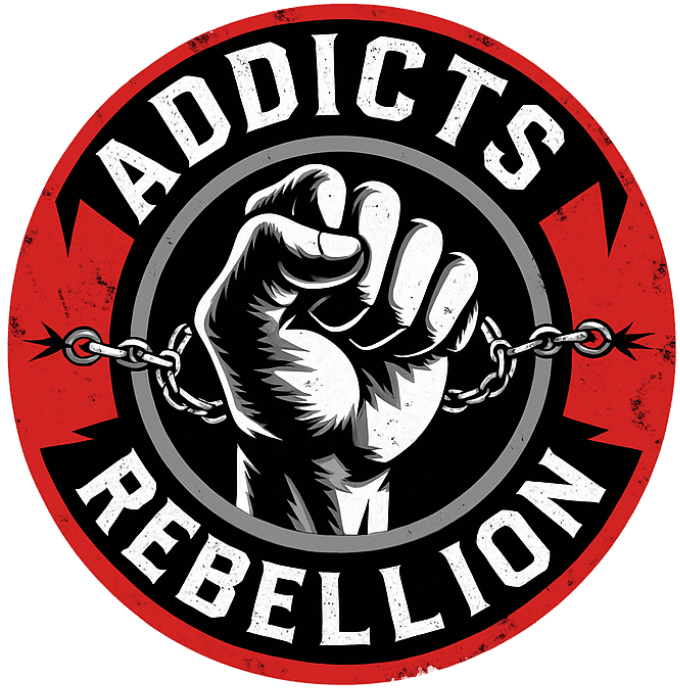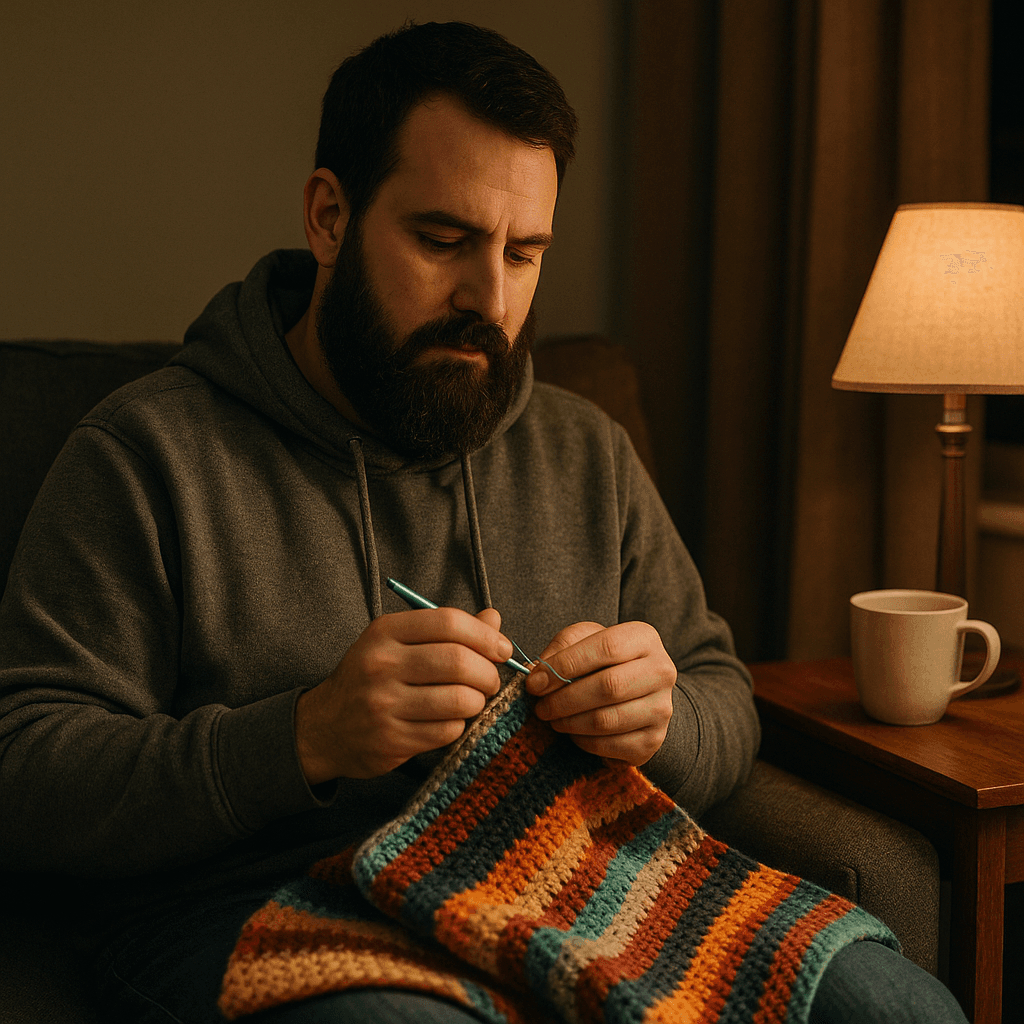Early sobriety is messy, awkward, and powerful—filled with small wins that eventually add up to a life you never thought possible.
Anybody who has gone through early sobriety—or is currently there—will get this.
In the beginning, it’s tough. Whether you’re fresh out of detox, just finished a treatment program, or even trying to quit cold turkey—it’s hard. The early days of sobriety are dark. Every day feels like a fight just to make it through without using.
Everywhere you look, there are triggers. For example, you try to watch TV, and it feels like every commercial is for pharmaceuticals or booze. You go for a drive, and suddenly every billboard has a frosty pint of beer on it, and every other corner has a weed shop. The voices in your head telling you to use feel louder than anything else.
However, there’s another voice too. It’s faint, way in the back, barely noticeable—but it’s there. It’s the one telling you that you want to change. That this path is going to be hard, but worth it.
Every day that you listen to that quiet voice instead of the loud one? That’s a win. And over time, those wins start to pile up.
Eventually, cravings and triggers begin to fade into the background. It doesn’t happen quickly. In fact, for some people, it might feel like forever. Personally? It took about two full years before the dreams stopped—those vivid ones where you wake up feeling like you’ve relapsed, full of guilt. It took about a year before I felt comfortable being around people who were drinking or smoking weed. Another couple years before the beer ads on TV didn’t get to me anymore.
By year three? Life got easier.
Filling the Void: T
Filling the Void in Early Sobriety: Finding Joy Again
he Weird, Joyful, Essential Part
Fortunately, I went to a great treatment facility that gave me tools to keep my mind on track. One of the most important things they taught me was this: you have to replace the joy. That temporary high you used to chase? You’ve got to fill that hole with something else.
For me, it was hikes in the mountains with my wife and kids. Sitting at the kitchen table and colouring in a very inappropriate adult colouring book. Crocheting scarves and blankets on the couch using the skills I learned in treatment. (Yeah, I know—big bearded dude crocheting beside his wife. Who cares. It brought me peace.)
Ultimately, you’ve got to find your own version of that peace. Whatever makes you feel alive and grounded again. These small moments are what helped me stay grounded during early sobriety.
When Early Sobriety Starts to Feel Real
I started going to meetings. Sometimes with friends I met in treatment. Sometimes alone. I went fishing with my kids. I picked up hobbies. At first, it was hard. I had social anxiety. Trust issues. Just saying hello to a stranger felt like a lot.
As a result, the more I did it, the more wins I collected.
Eventually, I was walking into meetings like I belonged there. Smiling at people on the street. Chatting with strangers. Living a life I didn’t think was possible not that long ago.
One of the hardest parts of early sobriety is rebuilding social confidence—but that’s exactly where the growth is.
And the best part? That quiet voice—the one that used to be drowned out by the chaos—got louder.
Now when someone offers me a drink, I don’t even hesitate: “No thanks, I don’t drink.” And I mean it. I say it with pride.
Sometimes that moment opens the door to a conversation. It doesn’t have to be a lecture—just a friendly chat where I can say, “Yeah, I’m clean and serene these days.” That’s a beautiful place to be.
Finding Support During Early Sobriety
Having a community in the beginning is everything. Maybe it’s a spouse, a sibling, a friend—someone who truly gets what you’re trying to do and who knows just how upside-down your life used to be.
So fill the void with joy, whatever that looks like for you:
- Try a new hobby
- Hit the gym
- Join a yoga or Pilates class
- Use apps like Meetup to find like-minded people
- Grab coffee after a meeting
- Be accountable to someone you trust
And when you find that person? Keep them close. Don’t be afraid to reach out. The dark days come, and when they do, you’ll want someone who knows the road you’re walking.
From One Day to a Life in Recovery
It gets better. Way better.
If you’re in the beginning stages right now, feel free to share your story here. Post a comment. Reach out to your group. Call someone. Join a program like SMART Recovery or check out AA.
If you’re curious about how sobriety shaped my mindset, check out my post on rediscovering faith.
There’s a reason “one day at a time” gets said so much. It’s not just a cliché—it’s the truth. Just get through one minute, one hour, one day at a time. Eventually, that becomes 30 days. Then 90. Then a year.
Eventually—almost 9, like me.
If you’re interested in how recovery reshaped more than just my habits, check out my post on rediscovering faith.

